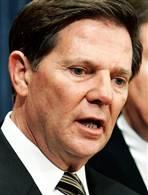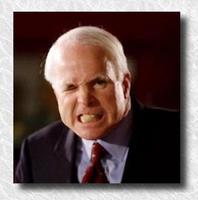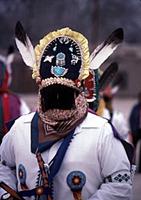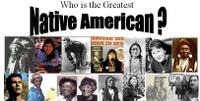1491
Jason over at Wildhunt draws our attention to the Charles C. Mann book, 1491 : New Revelations of the Americas Before Columbus. This book looks quite interesting. I'll definitely be picking it up, hopefully to fit in over fall break.
The book appears to debunk a lot of ideas about what life was like in the Americas before Columbus landed. Jason highlights this choice quote from the Salon.com review:
"What's most shocking about "1491" is the feeling it induces of waking up from a long dream and slowly realizing just how thoroughly one has been duped. We all knew there were problems with the old narrative of brave European settlers crossing the Atlantic to find an empty continent, but it's jarring to discover, as Mann tells us, that in 1491 there were almost certainly more people living in the Americas than in Europe -- and that, in many ways, American civilizations of the time were as advanced as anything across the ocean."
Not so shocking for us NDNs, but perhaps shocking for non-Native Americans who never thought to read beyond what they were taught in school.
He also makes mention of the debunking of the European origins of the Kennewick Man and calls into question the whole Landbridge theory - both concepts that Indians have been grumbling about for a while now but which havent gotten much attention in the mainstream.
Go read Jason's review.
The book appears to debunk a lot of ideas about what life was like in the Americas before Columbus landed. Jason highlights this choice quote from the Salon.com review:
"What's most shocking about "1491" is the feeling it induces of waking up from a long dream and slowly realizing just how thoroughly one has been duped. We all knew there were problems with the old narrative of brave European settlers crossing the Atlantic to find an empty continent, but it's jarring to discover, as Mann tells us, that in 1491 there were almost certainly more people living in the Americas than in Europe -- and that, in many ways, American civilizations of the time were as advanced as anything across the ocean."
Not so shocking for us NDNs, but perhaps shocking for non-Native Americans who never thought to read beyond what they were taught in school.
He also makes mention of the debunking of the European origins of the Kennewick Man and calls into question the whole Landbridge theory - both concepts that Indians have been grumbling about for a while now but which havent gotten much attention in the mainstream.
Go read Jason's review.








